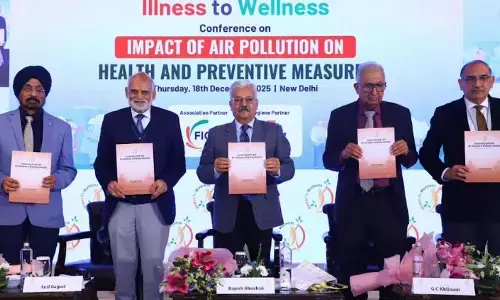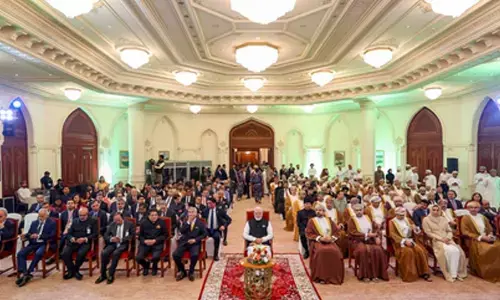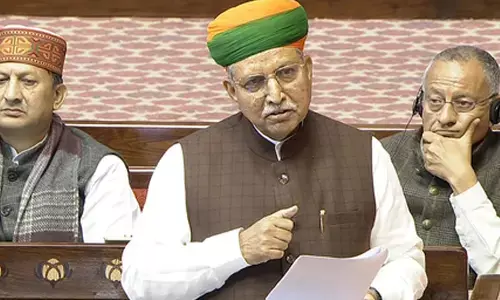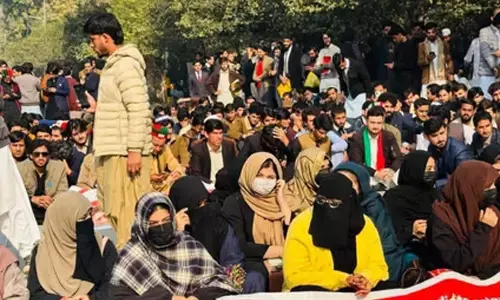Why does government fail to implement a scheme successfully?
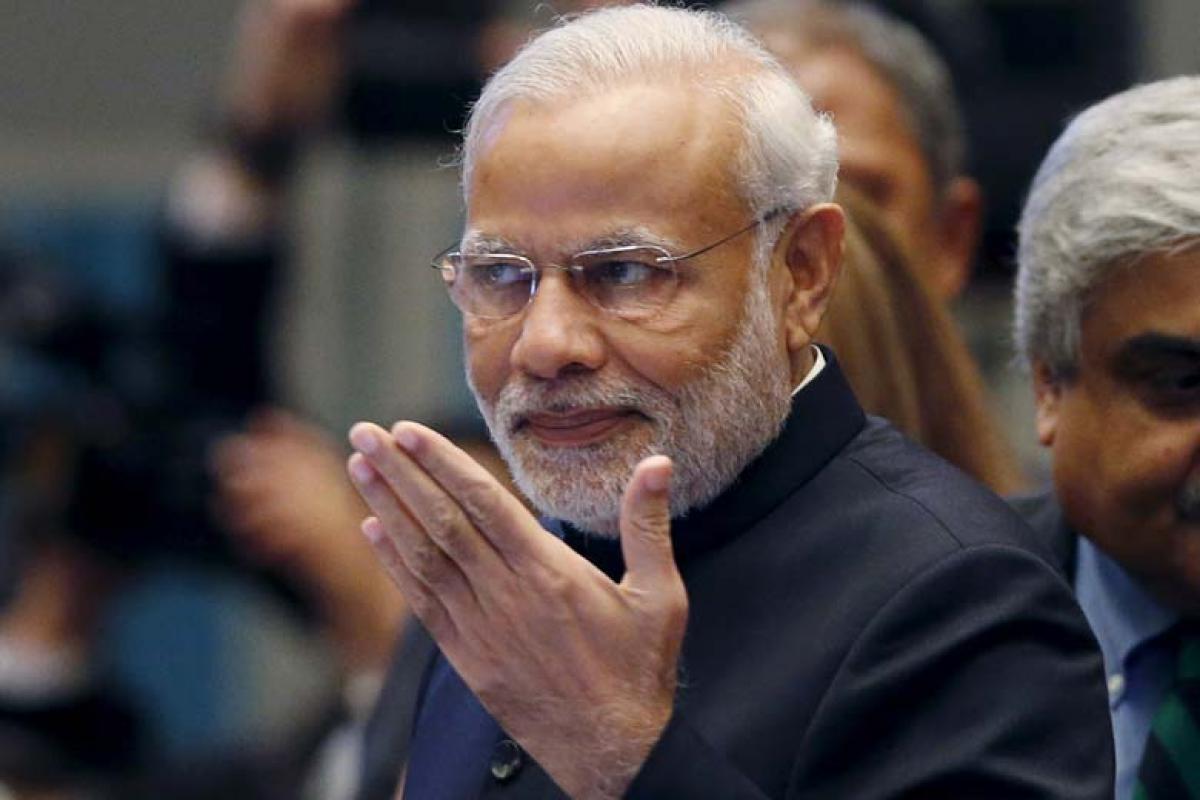
India in a midst of world economic slowdown seems a bright spot and both the World Bank and IMF are optimistic about Indian growth – as they put growth forecast between 7.5 to 7.9 percent.
India in a midst of world economic slowdown seems a bright spot and both the World Bank and IMF are optimistic about Indian growth – as they put growth forecast between 7.5 to 7.9 percent. Modi government has launched various schemes and policies such as “Digital India” and “Make in India” to keep the momentum going. Various other schemes such as Pradhan Mantri Jan Dhan Yojana, Atal Pension Yojana, Surakhsa Beema Yojana… have been launched for financial inclusion and social security.
This is not the first time any government has launched ambitious programs, since the Nehruvian era central government has been trying to make this country more prosperous, but what they fail in successful implementation and reaching to beneficiaries. In a diverse and populous country like India, the government machinery is not fully capable in both the aspects. A country where farmers still commit suicide, lack of quality education, unutilized demographic dividend and various menace of Indian society – tells a disappointing story that despite the presence of development schemes, India is far behind in creating a harmonious and prosperous society. The reasons can be attributed to mainly two factors; firstly, inefficiency of government in implementation and secondly, lack of awareness among people.
Inefficiency of Government
Indian government’s intention to provide assistance to poor and their upliftment is clear, but at the implementation part government fails. The reason of inefficiency can be attributed to improper monitoring, lack of accountability, corruption and misalignment of incentives. For example, Integrated Child Development Scheme failed in Bihar, MNREGA in Maharashtra, Madhya Pradesh and Orrisa, Mid Day Meal in Madhya Pradesh. According to CAG Report 2013, the scheme MNREGA has failed in Bihar and Karnataka due to misappropriation and subversion of funds.
Making a policy and implementing it as a scheme has the same difference - what a cricket team plans in a dressing room and what it executes on the ground. The government seems well prepared in the dressing room but when it comes to the ground it falls far from the expectation. For instance, agriculture which provides employment to our 55% population and has been a constant focus of every government formed in the centre – it still lags behind Chinese agricultural production. There are more than hundreds of schemes if we include both centre and state sponsored programs but despite having so many farmer-centered schemes, the agriculture is the last option anyone will choose for employment.
Lack of Awareness
In a recent example, when Gujarat government launched a scheme called Mukhyamantri Yuva Swavlamban Yojana –to help 10th pass students to get monetary assistance for enrollment in higher studies – students and parents found it difficult to apply for the scheme on government website, mistakenly they started to send necessary documents on theindianiris.com (a dedicated website for all the government policies and schemes). It showed that government is not fully aware of ground reality and they don’t have proper mechanism to reach the beneficiaries.
Indian government has shown tremendous success when the goal is collectively shared. India’s elections which is sometimes termed as “an undocumented wonder” (a term coined by former Chief Election Commissioner S.Y. Quarishi ) – largely error free collective action with much less political interference and coordinated administration, makes this grand democratic event a success. India also adequately dealt with natural catastrophes in the past. The government also adequately tackled several diseases such as polio, malaria and HIV when the target was well publicized and clear.
So the question arises why India can deal with natural catastrophes, elections and diseases so successfully but fails to implement a scheme. Almost 72% of the rural households in a survey held in 2011 for 7 states (carried out by Pratham/ASER in partnership with UNDP), were not aware about the India’s largest flagship program MGNREGS. It clearly shows that the government fails in creating an aware atmosphere where people know what the government is doing for them. If small schemes were surveyed, it might have produced more disappointing results.
Possible Remedies
Indian government spends nearly Rs. 2 Lakh Cr on 100 flagship programs focused on range of public services and among them 10 big flagship programs like MNREGS and Sarva Shiksha Abhiyan and other similar schemes – which accounts for 90% of the resources. So there are 90 other small programs which soak up administrative capacity which significantly affects in the implementation of bigger schemes. The policies are made in ministries but implemented at state, district and village level and the administrator may not know about every scheme implemented in his/her district. So removing the small schemes to better focus on larger schemes can improve the administrators in executing.
Secondly, the schemes can be tailor made as per the local conditions. Some states like Tamil Nadu, Kerala, and Gujarat and to some extent Maharashtra have been successful in implementing healthcare schemes but other states like Bihar, Orissa and other states not. There is a need of better coordination among centre and state governments and may be customized policies may work better than homogenous ones in some states.
And lastly, there is a need of better coordination among private entities, community, civil society, NGOs and government in designing a public policy in order to improve the transparency, quality and effectiveness of a policy or scheme.
Nachiket Nishant is Head of Strategy and Reseach at The Indian Iris










